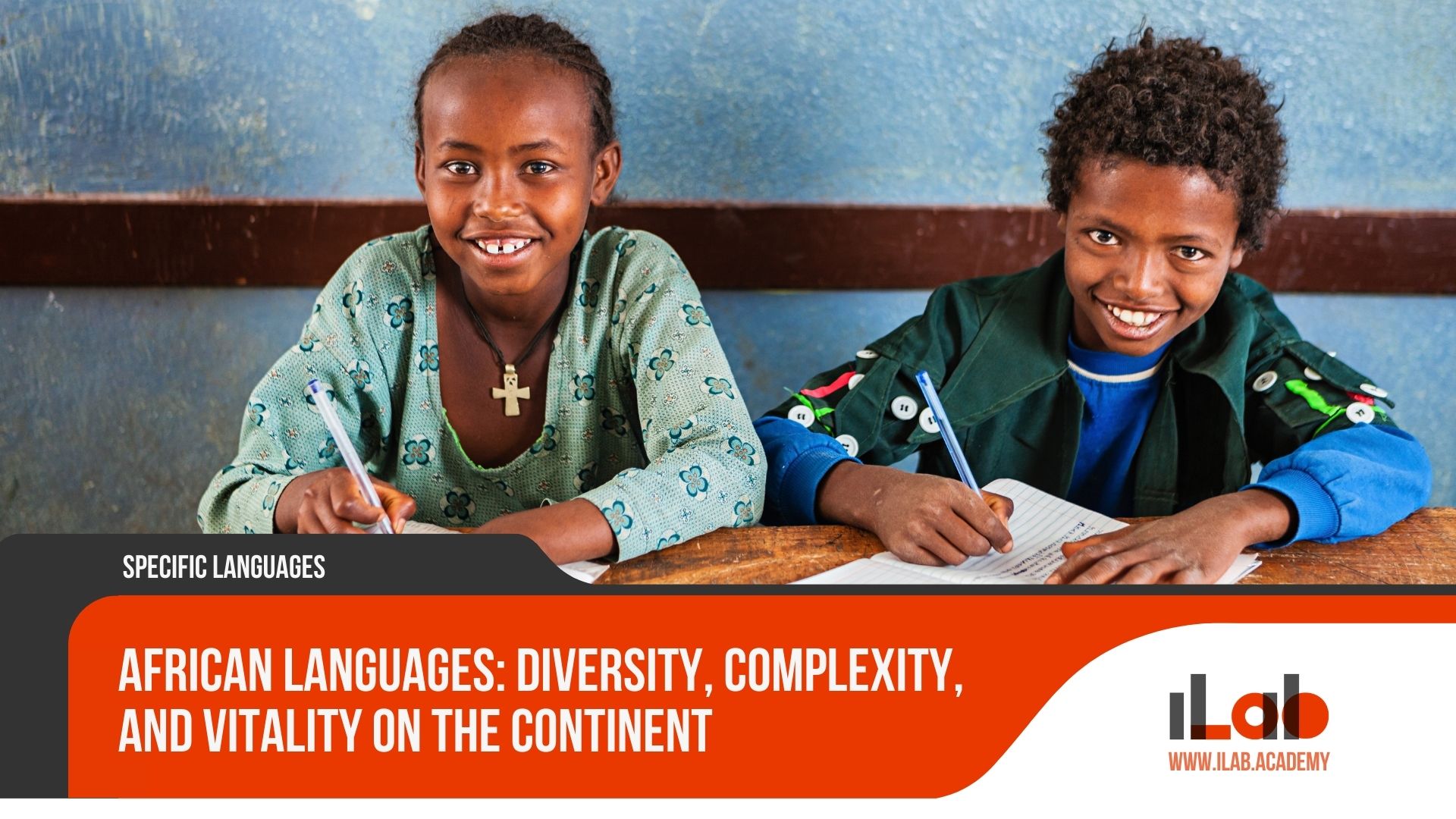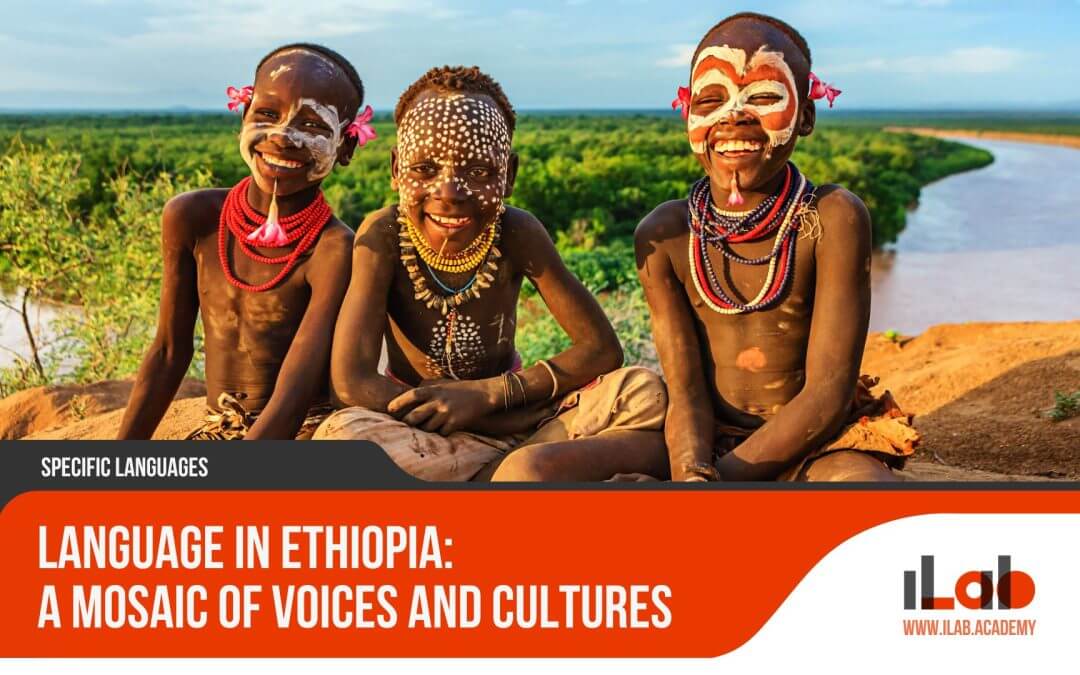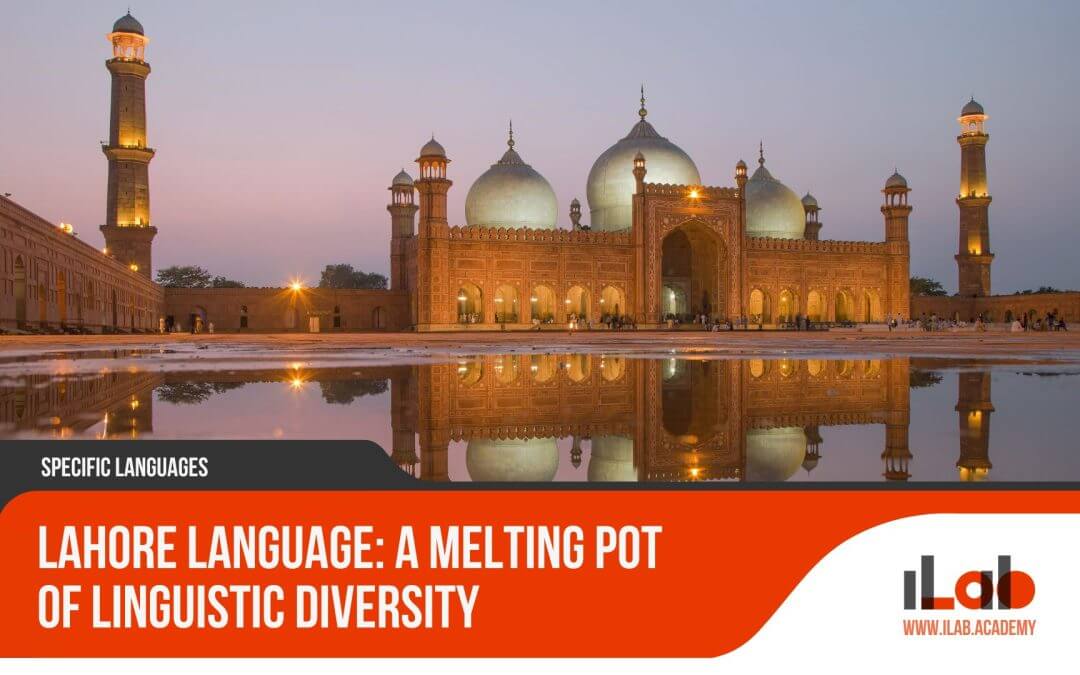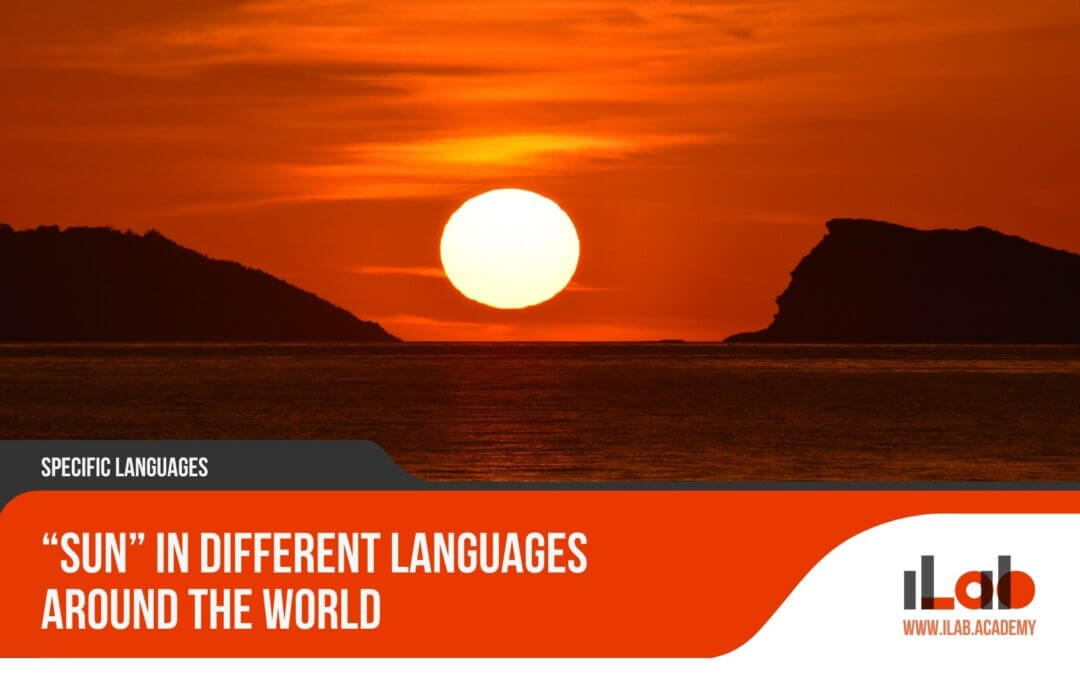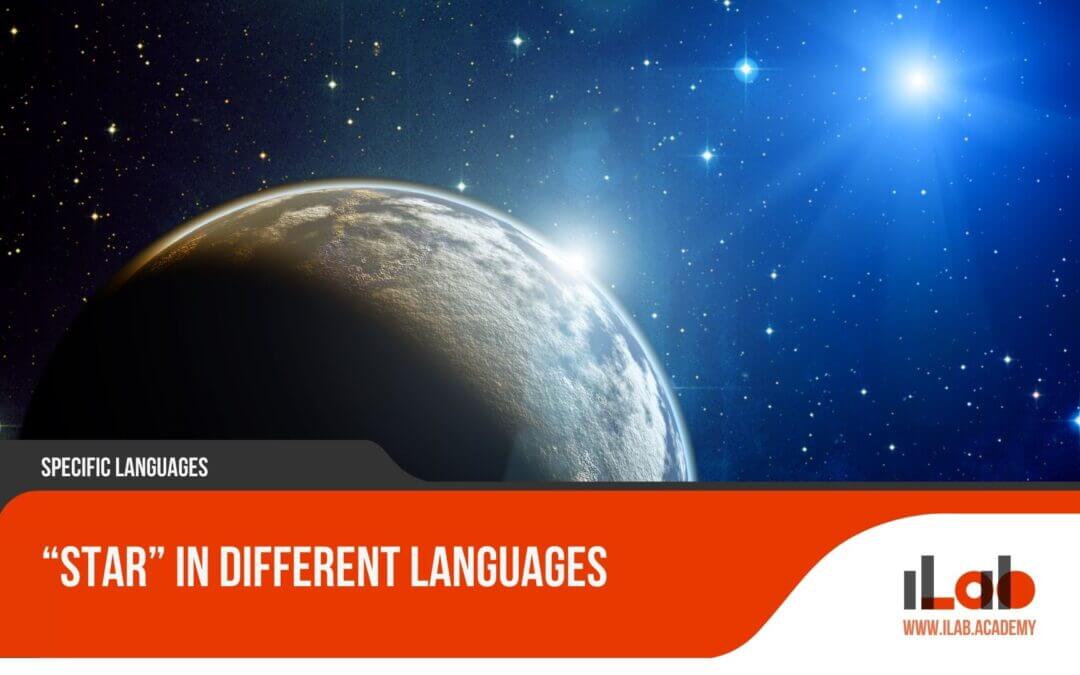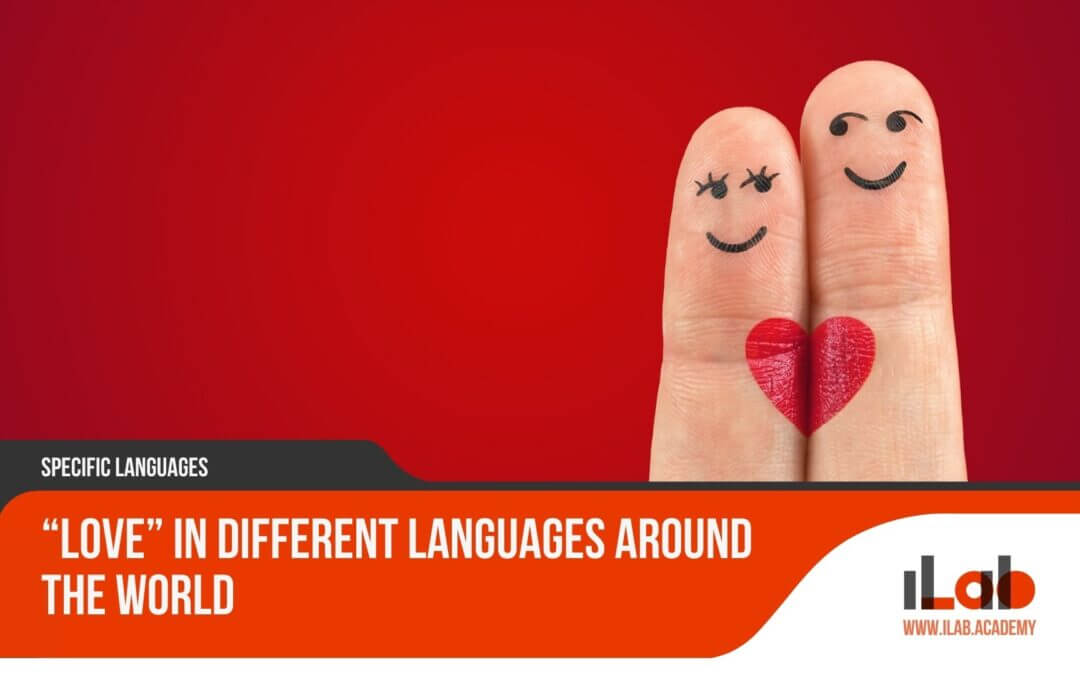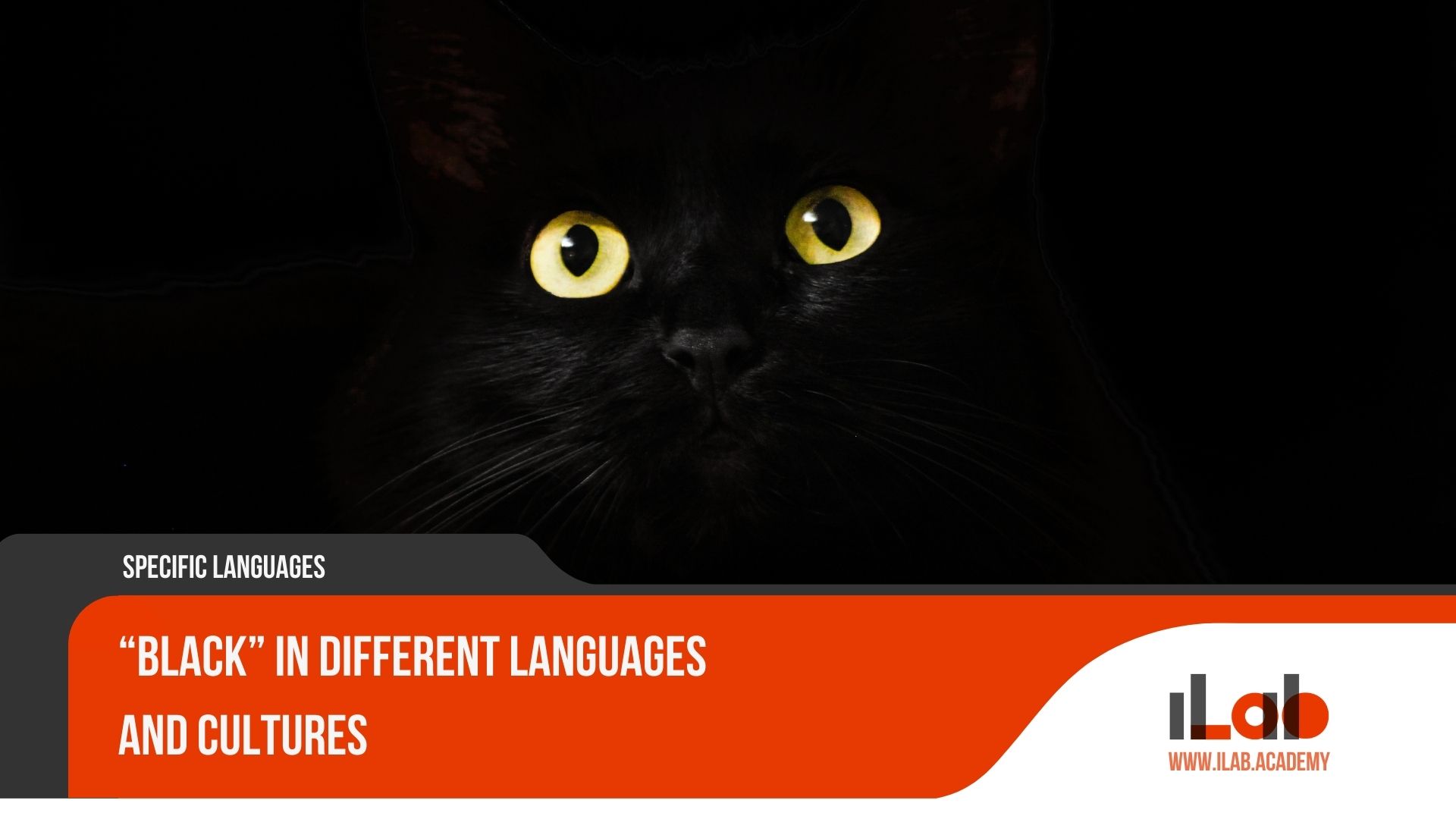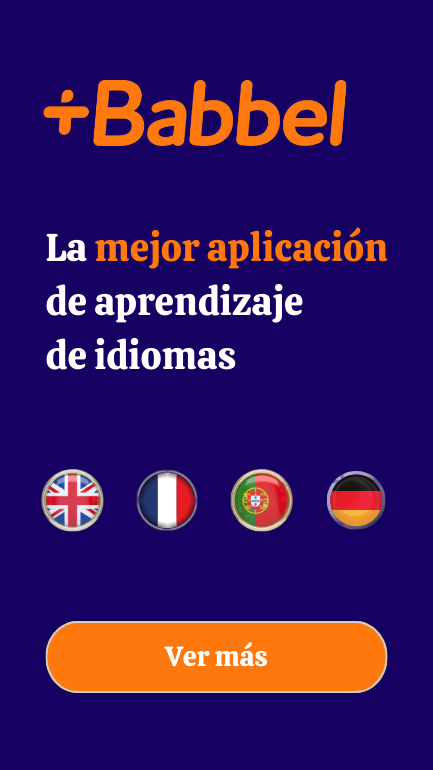Table of contents
The linguistic tapestry of Africa, characterized by its sheer diversity and intricate complexity, stands as a testament to the continent’s long-standing cultural and historical richness. More than 2,000 languages weave through the everyday lives of its people, each carrying its own unique syntax, phonology, and semantic nuance, reflecting the deeply entrenched social and ethnic identities that have evolved over centuries. While the vitality of African languages is undoubted, their future faces the twin challenges of globalization and language shift—a phenomenon where speakers gradually abandon their native tongue in favor of more dominant languages. As we engage with the broad spectrum of linguistic heritage in Africa, it becomes imperative to consider the nuanced interplay between language policy, educational frameworks, and technological innovation, and how these factors converge to shape the trajectory of these languages. The unfolding narrative of African languages is not just about conservation but also about the dynamic process of adaptation and evolution in the face of global change. To fully appreciate the significance of this linguistic diversity, we must examine the delicate balance between preservation and progress, and the role that African languages will play in charting the continent’s future.
Key Takeaways
- Africa is home to a vast array of languages, belonging to different language families, showcasing the continent’s linguistic diversity and global significance.
- Colonial languages, such as English, French, Portuguese, Arabic, and Spanish, have had a lasting impact on African languages, influencing their use in government, education, and commerce.
- Indigenous African languages face challenges in terms of recognition and preservation, highlighting the importance of language rights and cultural continuity.
- Technology has the potential to play a significant role in documenting, teaching, and promoting African languages, offering possibilities for language revitalization and overcoming language barriers.
Unveiling the Linguistic Diversity of Africa
Africa’s linguistic landscape is a mosaic of over 2,000 distinct languages, a testament to the continent’s profound cultural and ethnic diversity. This staggering number represents not only a wealth of communication systems but also a rich tapestry of histories and traditions. The variety of languages spoken across Africa is one of the most extensive in the world, and it underscores the continent’s global significance in terms of linguistic diversity.
These languages are broadly categorized into four major families: Afroasiatic, Nilo-Saharan, Niger-Congo, and Khoisan. Each family encompasses a multitude of languages that showcase a range of linguistic structures and phonetic inventories. Afroasiatic, for instance, includes well-known languages such as Arabic, Amharic, and Hausa, which are spoken by millions and have ancient written traditions. The Niger-Congo family boasts the Bantu languages, like Swahili and Zulu, which play critical roles in regional communication and cultural expression.
The linguistic diversity of Africa is not merely an academic concern; it permeates everyday life, influencing social interactions, trade, education, and governance. Multilingualism is the norm rather than the exception, with individuals often fluent in several local languages as well as in global lingua francas. This multilayered linguistic reality challenges simplistic narratives and invites a deeper appreciation of the continent’s complexities.
Understanding the linguistic diversity of Africa is fundamental for anyone seeking to engage with the continent’s societies meaningfully. It is an entry point into grasping the nuances of African cultures, the resilience of its communities, and the dynamic changes shaping the continent’s future.
The Major Language Families of Africa
Building on the recognition of Africa’s vast linguistic diversity, it is essential to explore the continent’s four predominant language families: Afroasiatic, Nilo-Saharan, Niger-Congo, and Khoisan, each with its unique characteristics and distribution. The Afroasiatic family boasts a widespread presence across North Africa and parts of the Horn of Africa and the Near East, including languages like Arabic, Amharic, Hebrew, and Somali. These languages often feature root-based morphology and can exhibit complex verb systems.
The Nilo-Saharan family, albeit less widespread, is noted for its presence in parts of central and eastern Africa, with languages such as Luo, Nubian, and Kanuri. It is a diverse group, with some languages sharing click consonants and others characterized by elaborate noun class systems. The linguistic features within this family show considerable variation, and its internal classification remains a topic of ongoing research.
Dominating much of sub-Saharan Africa, the Niger-Congo family is the largest in Africa in terms of the number of languages. It includes Bantu languages like Swahili, Zulu, and Xhosa, as well as non-Bantu languages such as Yoruba and Igbo. This family is noted for its noun class system, which affects agreement in verbs, adjectives, and pronouns.
Colonial Influence on African Languages
While the tapestry of African languages is intricately woven from millennia of linguistic evolution, the colonial period introduced foreign languages that have since become entrenched in the continent’s socio-political and educational frameworks. The colonial powers—primarily the British, French, Portuguese, and Spanish—imposed their languages as part of their administration, forever altering the linguistic landscape of Africa. These languages served not only as instruments of governance but also as symbols of power and civilization, often to the detriment of indigenous languages and cultures.
The legacy of colonialism is evident in the modern-day prevalence of European languages in official capacities. English, French, and Portuguese, among others, remain official languages in many African countries, facilitating international diplomacy and trade. They dominate the educational systems, often being the medium of instruction from primary school to university, which perpetuates their privileged status and undermines the development of native languages in academic and intellectual spheres.
Arabic’s influence, although different in nature, also has colonial roots due to the spread of Islam and the Arab conquests in North Africa. It has become a lingua franca in several countries, particularly in the Maghreb and Horn of Africa regions, influencing local languages and cultures.
The colonial language policies have had far-reaching effects on African societies, creating linguistic hierarchies that often marginalize indigenous languages. Despite this, there is a growing recognition of the importance of mother tongue education and the need for policies that bolster, rather than hinder, the use of local languages. The resilience of African languages, despite the enduring colonial influence, is a testament to their intrinsic value and the cultural identity they embody.
The Status of Indigenous African Languages
Despite the pervasive influence of colonial languages, indigenous African languages have retained their vitality and continue to be central to the cultural and social lives of millions across the continent. These languages serve not only as a means of everyday communication but also as a repository for traditional knowledge, values, and collective identity. Their status, however, is a complex tapestry marked by a range of experiences, from widespread use and governmental support to vulnerability and decline.
Here are some key points highlighting the current status of indigenous African languages:
- National Recognition and Policy: Many African nations have recognized the importance of indigenous languages through official policies, and some have made strides toward including them in education and public life. For instance, South Africa officially recognizes 11 languages, reflecting the country’s linguistic diversity.
- Educational Integration: The role of indigenous languages in formal education varies widely. While some countries have implemented bilingual or mother-tongue instruction at certain educational levels, others still prioritize colonial languages, leaving indigenous languages marginalized.
- Technological Integration and Media: The digital age has seen a mixed impact on indigenous African languages. Although many languages lack a robust presence online, there are increasing efforts to include them in digital and media platforms, which can strengthen their usage among younger generations.
While some indigenous African languages enjoy robust health and institutional support, many others face challenges related to globalization, urbanization, and shifting demographics. The situation underscores the need for concerted efforts to preserve and promote these languages, ensuring that they continue to flourish for future generations.
Language and Cultural Identity in Africa
Language serves as the bedrock of cultural identity in Africa, intricately weaving together the social fabric and historical consciousness of its people. Each African language is a vault of the continent’s rich heritage, encapsulating the wisdom of its ancestors and the narratives of its communities. Through proverbs, oral traditions, and customary practices, languages transmit cultural norms and collective values from one generation to the next, ensuring the continuity of African identities.
The linguistic diversity of Africa is a testament to the complex tapestry of its societies. Languages serve not merely as tools for communication but as symbols of ethnic and cultural belonging. They reflect a community’s unique worldview and provide frameworks for understanding and interacting with the natural environment. When individuals speak their native tongues, they enact and reaffirm their cultural affiliations, fostering a sense of belonging and pride.
However, the vitality of these languages is under threat as globalization and urbanization drive the dominance of a few international languages. This poses a risk to the cultural sovereignty of African communities, as language loss can lead to a dilution of cultural identity. When a language falls silent, it takes with it irreplaceable cultural knowledge and historical insight.
Preserving African languages is therefore vital not only for linguistic diversity but for the cultural richness they embody. Efforts to document, teach, and promote these languages are key to maintaining the cultural fabric of African societies. As repositories of tradition and identity, African languages are integral to the continent’s past and future, holding the collective memory and potential for cultural resilience and renewal.
Linguistic Preservation and Education
Education systems across Africa are increasingly recognizing the importance of incorporating indigenous languages into their curricula as a means of preserving linguistic diversity and fostering cultural identity. This shift towards multilingual education is seen as vital for the survival of many languages and for ensuring that students maintain a strong connection to their cultural roots.
Here are key aspects of linguistic preservation and education:
- Curriculum Development: Many African countries are engaged in developing educational materials and curricula that feature indigenous languages. This includes creating textbooks and other learning resources that are both accessible and culturally relevant to students. These materials not only aid in language acquisition but also ensure that knowledge is passed on in a linguistically and culturally appropriate manner.
- Teacher Training: Equipping educators with the skills to teach in local languages is fundamental. Professional development programs are being implemented to train teachers in linguistic diversity, pedagogical strategies for multilingual classrooms, and the cultural aspects of the languages they teach.
- Policy and Advocacy: National policies are being reformed to support the use of African languages in educational systems. Governments, along with local and international advocacy groups, are working to promote language rights and to recognize the value of linguistic diversity in education. These policies aim to create an environment where multilingualism is not only accepted but encouraged as a means of enriching learning experiences and preserving cultural heritage.
These efforts reflect a growing awareness of the importance of language in education and the role it plays in the cognitive development of children. By embracing linguistic diversity, African nations are taking important steps towards a future where their languages and cultures continue to thrive.
African Languages in Literature and Media
The renaissance of African storytelling through indigenous languages is not only revitalizing cultural expression but also reshaping the literary and media landscapes on the continent. African writers are increasingly penning works in their mother tongues, fostering a closer connection with their heritage and providing readers with authentic insights into the continent’s diverse cultures. This movement champions the nuances and subtleties that can only be fully expressed in native languages, ensuring a richer literary experience.
Media outlets, too, are recognizing the importance of local languages in engaging audiences. Radio and television programs, along with digital content, are being produced in various African languages, catering to the linguistic preferences of different communities. This not only bolsters the presence of these languages in public and digital spheres but also promotes inclusivity and accessibility.
The proliferation of literature and media in African languages is a testament to the enduring power of these tongues to convey complex ideas, emotions, and cultural values. It also reflects a growing awareness of the need to sustain linguistic diversity in the face of globalization. By embracing indigenous languages in literature and media, Africa is nurturing a sense of identity and continuity, which is vital for the social and cultural fabric of the continent.
As this trend continues to gain momentum, it offers a beacon of hope for the preservation and appreciation of Africa’s linguistic heritage. It underscores the continent’s commitment to ensuring that its voices are heard in the chorus of global narratives, in the most authentic and resonant forms possible.
Technological Advancements and African Languages
Harnessing the power of technology, researchers and activists are finding innovative ways to document, teach, and promote African languages, thereby overcoming historical language barriers and aiding in their revitalization. This digital embrace is not only preserving linguistic diversity but also ensuring that these languages adapt to the modern world, keeping them relevant and accessible to younger generations.
Technological advancements have played a crucial role in three key areas:
- Language Documentation: Innovative software and mobile applications now enable the recording and analysis of linguistic data, which is essential for the study and preservation of many African languages. Tools like audio recorders and text-to-speech synthesizers are being used to capture and reproduce the sounds of languages, some of which may have never been written down before.
- Language Learning: The internet has democratized access to language resources. Online courses, apps, and platforms offer interactive language learning experiences, often for free or at a low cost. These resources are crucial for both diaspora communities wishing to maintain their linguistic heritage and language learners across the globe.
- Language Promotion: Social media and digital content creation are providing unprecedented opportunities for African languages to be used and celebrated in public domains. Podcasts, YouTube channels, and online magazines in African languages are helping to increase their visibility and prestige, combating the dominance of colonial languages in media and public life.
The African Diaspora and Language Preservation Abroad
Across the globe, diaspora communities from Africa are actively engaged in the preservation and promotion of their native languages, often against the backdrop of cultural assimilation pressures in their new homelands. These communities, dispersed through migration, maintain linguistic ties with their motherland as a means of preserving their cultural identity and heritage. Through various strategies, they foster a sense of community and ensure the transmission of their languages to succeeding generations.
Language preservation abroad involves a blend of traditional and innovative approaches. Cultural associations and ethnic groups organize language classes and cultural events where native languages are spoken and taught. These settings serve not only as educational platforms but also as social hubs where individuals can connect with others who share their linguistic and cultural background.
Moreover, diasporic families often prioritize the use of their native languages at home, creating an immersive environment for children to learn and speak the language naturally. Storytelling, music, and traditional games are employed as engaging methods of instruction and retention. This domestic emphasis on language is crucial for intergenerational continuity.
To further support these efforts, technology plays a significant role. Online resources, social media groups, and language apps provide accessible tools for learning and practicing African languages, regardless of geographical barriers. Such digital platforms also connect diaspora members with language speakers across the world, facilitating language use in a global context.
The resilience of the African diaspora in sustaining their linguistic heritage abroad is a testament to the enduring value they place on their languages. It is through these concerted efforts that African languages continue to thrive, fostering cultural awareness and appreciation far from their geographic origins.
The Future of African Languages: Challenges and Possibilities
While efforts by the African diaspora to preserve their native tongues are commendable, the future of African languages on the continent faces a complex web of challenges and opportunities in the face of advancing globalization and urbanization. The languages of Africa, with their rich histories and cultural significance, are at a critical juncture as they navigate the pressures of the modern world.
The challenges African languages confront are multifaceted, yet there are actionable possibilities that can help secure their continued use and relevance. Here are three key points to consider:
- Language Policy and Education: National language policies play a crucial role in either supporting or undermining the use of African languages. Educational systems that prioritize indigenous languages can enhance literacy rates and cultural pride. There is a pressing need for curricula that reflect the linguistic diversity of the student body, providing instruction in mother tongues while also facilitating competency in global languages.
- Technology and Accessibility: Digital tools and platforms offer unprecedented opportunities for language preservation and promotion. From online dictionaries to language learning apps, technology can help bridge the gap between speakers and learners. However, ensuring that these resources are widely accessible and cater to a variety of African languages is essential for their impact to be felt.
- Cultural and Economic Valorization: Elevating the status of African languages in all spheres of society, including media, literature, and business, can foster a sense of value and utility. Creating economic incentives for the use of African languages can also drive their adoption and vitality.
For African languages to thrive, concerted efforts must be made to integrate them into national development agendas, education systems, and the digital landscape. Encouraging a sense of pride and practicality in the use of African languages will be key to their sustainable future.
Frequently Asked Questions
How Do African Languages Influence Modern Pop Culture and Music Internationally?
African languages significantly influence modern pop culture and music on an international scale. They contribute unique rhythms, linguistic textures, and cultural narratives that enrich global entertainment. Artists often incorporate African dialects and storytelling techniques in their work, fostering cross-cultural exchange and broadening the appeal of their music. This fusion has led to innovative genres and has propelled African languages into the spotlight, showcasing their vitality and relevance in today’s cultural landscape.
What Are Some Unique Linguistic Phenomena or Features Found Only in Certain African Languages?
Certain African languages exhibit unique linguistic phenomena, such as the use of click consonants in Khoisan languages or tonality in many Niger-Congo languages where pitch determines meaning. The Bantu languages feature a noun class system that affects grammatical agreement. Additionally, some languages utilize drummed speech, where tonal patterns are replicated through drumbeats, facilitating long-distance communication. These features highlight the distinctiveness of African linguistic landscapes.
How Do Multilingual African Individuals Navigate Language Use in Their Daily Lives, Especially in Countries With Numerous Official Languages?
Multilingual individuals in Africa often strategically navigate language use by selecting appropriate languages for different social contexts. In countries with multiple official languages, they may use a particular language in educational or governmental settings, while reserving indigenous or regional languages for community and familial interactions. This adaptability enhances communication and maintains cultural ties, reflecting a pragmatic approach to the continent’s linguistic diversity in daily life.
Are There Any African Languages That Have Developed or Significantly Changed Due to Internet and Social Media Slang?
Several African languages have evolved due to the influence of internet and social media slang. This digital vernacular often blends indigenous expressions with global internet lingo, leading to novel linguistic forms. These changes reflect the dynamic nature of language, as users adapt their speech to digital communication contexts while also preserving unique cultural elements. The extent and nature of these developments vary across different languages and communities.
How Has the Process of Urbanization Within Africa Affected the Linguistic Landscape and the Prevalence of Minority Languages in Major Cities?
Urbanization in Africa has significantly influenced the linguistic landscape, often leading to the dominance of certain lingua francas in major cities. This shift can marginalize minority languages, as people from diverse linguistic backgrounds converge and communicate in widely understood languages. Consequently, while urbanization fosters economic and social integration, it also poses challenges for the preservation of linguistic diversity as minority languages may face diminished use and transmission in urban settings.
Conclusion
In conclusion, African languages embody a rich tapestry of cultural and intellectual heritage that is integral to the continent’s identity. Despite the challenges posed by globalization and historical colonial legacies, these languages continue to exhibit resilience and adaptability. Through concerted efforts in education, technology, and diaspora engagement, there is a burgeoning recognition of their significance and potential. The preservation and promotion of this linguistic diversity are crucial for fostering cultural continuity and embracing Africa’s multifaceted legacy for future generations.

